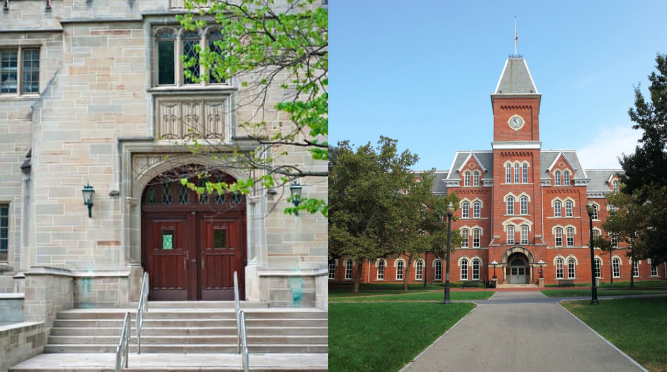
Indiana vs. Ohio State
Today’s reader question comes from Paulo in Los Angeles, California:
Question: I’m sick of living in LA and am determined to have a college experience in the midwest because I want the classic American college experience and I want to live with people who are friendly and down to earth in an environment that’s calmer and cleaner than what I’ve experienced growing up. I’m down to Ohio State and Indiana, both of which I got into in December. What would you say are the biggest differences between Ohio State University and Indiana University Bloomington from the perspective of an undergraduate student?
Answer: Ohio State University (OSU) and Indiana University Bloomington (IU) are both large, well-respected public universities, but they offer distinct experiences for undergraduate students.
Ohio State University is located in Columbus, Ohio, and is known for its large and diverse student body, as well as its strong academic programs in a variety of fields. OSU has a vast range of clubs, organizations, and activities for students to get involved in, and the campus is home to a vibrant student life, including Greek life and recreational opportunities. One of the key benefits of attending OSU is its size, as the university offers a huge range of academic programs and resources, which can allow students to explore different areas of study and find their passions.
Indiana University Bloomington, on the other hand, is located in the charming college town of Bloomington, Indiana. IU is known for its strong programs in the arts and humanities, and is particularly well-regarded for its music, theater, and creative writing programs. The campus is beautiful, with a mix of historic and modern buildings, and there are plenty of opportunities for students to get involved in campus life and make new friends. Additionally, the smaller size of IU’s student body compared to OSU can provide a close-knit community feel, where students have more opportunities to form close relationships with their peers and professors.
One of the biggest differences between Ohio State University and Indiana University Bloomington is the focus of each university. OSU is a large research university, which provides students with extensive research opportunities and access to cutting-edge facilities and resources. On the other hand, IU is more focused on the arts and humanities, providing students with a more well-rounded liberal arts education that emphasizes creativity and critical thinking.
In terms of student life, both OSU and IU offer a variety of activities, clubs, and organizations, but the atmosphere and feel of each campus can be quite different. OSU has a large, bustling campus, with a vibrant student life, including Greek life and recreational opportunities, while IU has a smaller, more close-knit feel, with a focus on the arts and humanities.
Ultimately, both Ohio State University and Indiana University Bloomington offer excellent educational opportunities for undergraduate students, but the choice between the two will come down to individual preferences and priorities – including your choice of major. If you are interested in a large, research-focused university with a wide range of academic programs and a vibrant student life, Ohio State University may be the right choice for you. On the other hand, if you are interested in a somewhat smaller, liberal arts-focused university with a strong emphasis on the arts and humanities, but which still has school spirit, Indiana University Bloomington may be the right choice.
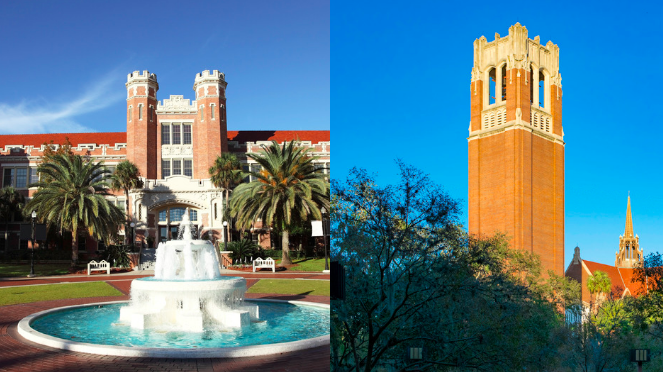



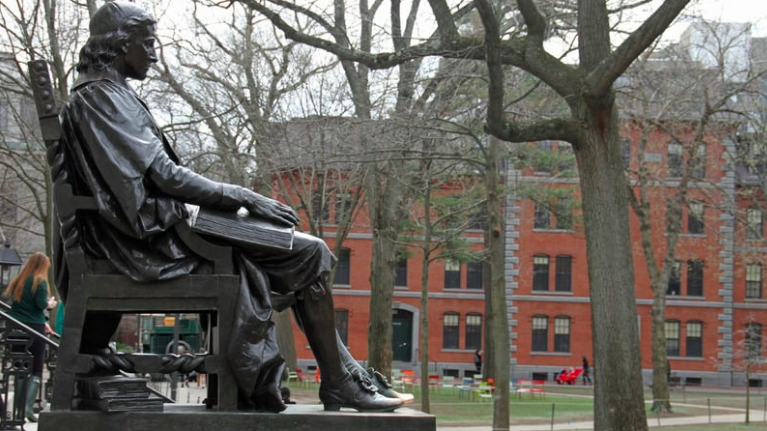



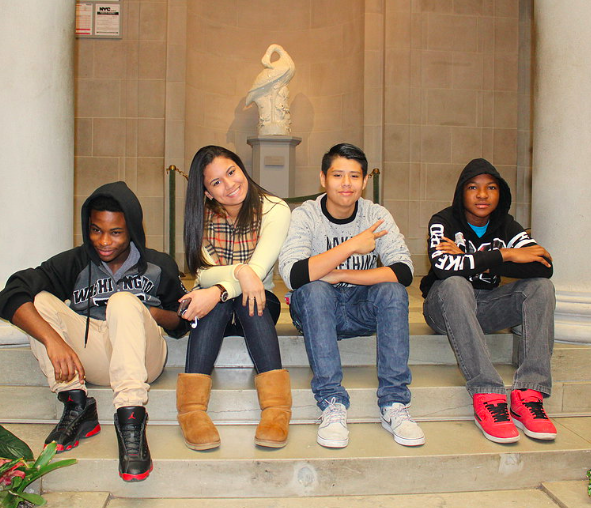
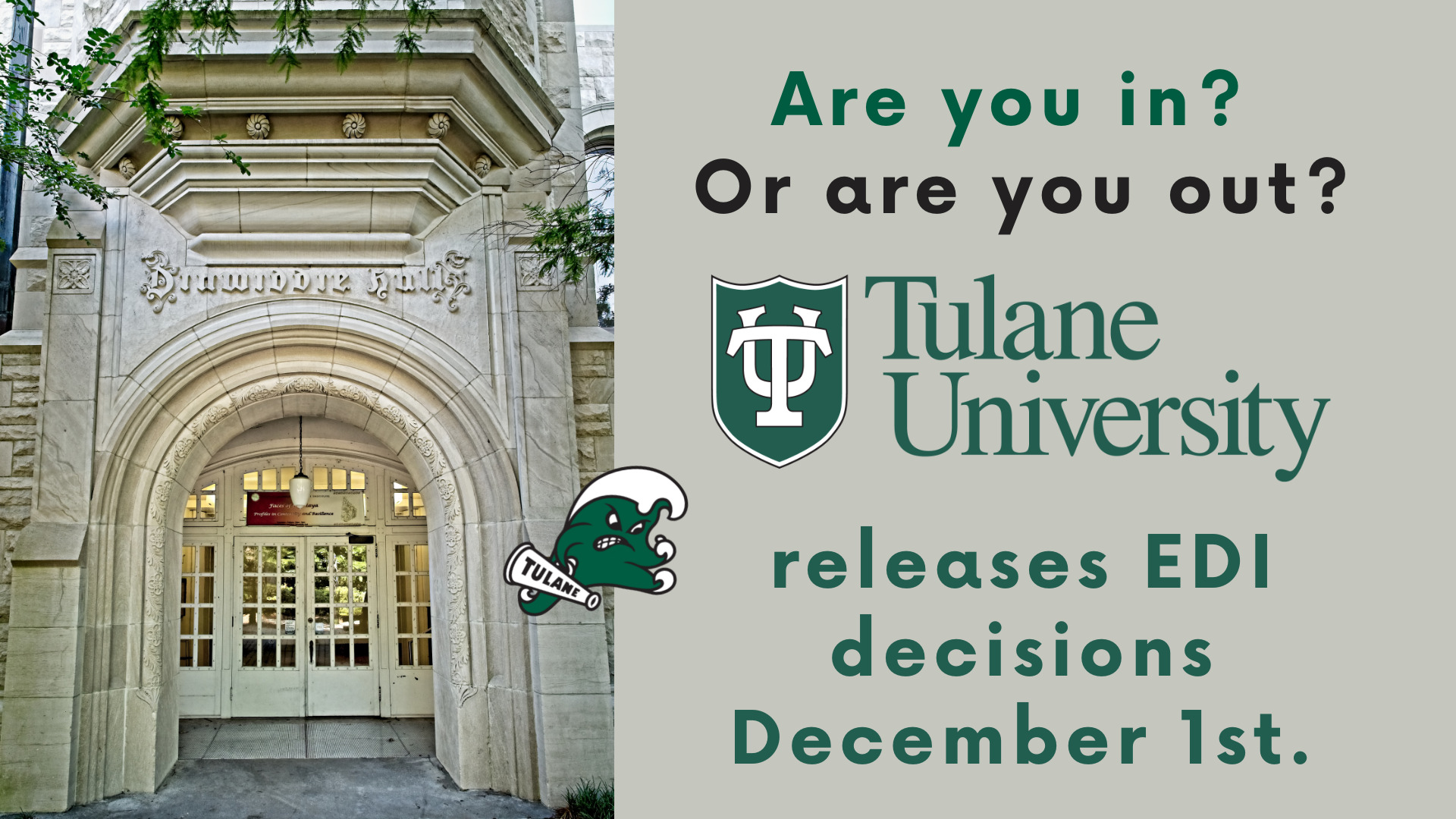 Exciting news just in from Tulane.
Exciting news just in from Tulane.